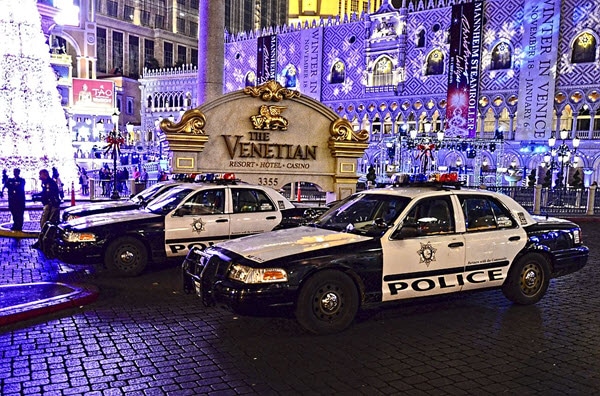Las Vegas Safety Tips



Watch Your Cash When in Vegas
While Las Vegas casinos are among the safest tourist destinations in the world, Las Vegas still has the same types of crime found in any major city. In addition, with so many people walking around with money, you are also more likely to get something stolen. Here are some tips to keep safe on your Vegas trip.
Use your common sense. Pay attention to how you feel about the area. Some clues to a potentially sketchy area might include streets with weekly hotel rentals, streets named after a number or letter, lots of money and title loan centers, bail bond stores, broken street lights, seeing home furniture near the street, homeless people, lots of trash everywhere, shopping carts, people hanging around their porch during the day, cages on doors and windows, locks on unexpected items, tents, broken glass in parking lots from thefts, boarded or burned down houses, and industrial areas with factories.

|

|

